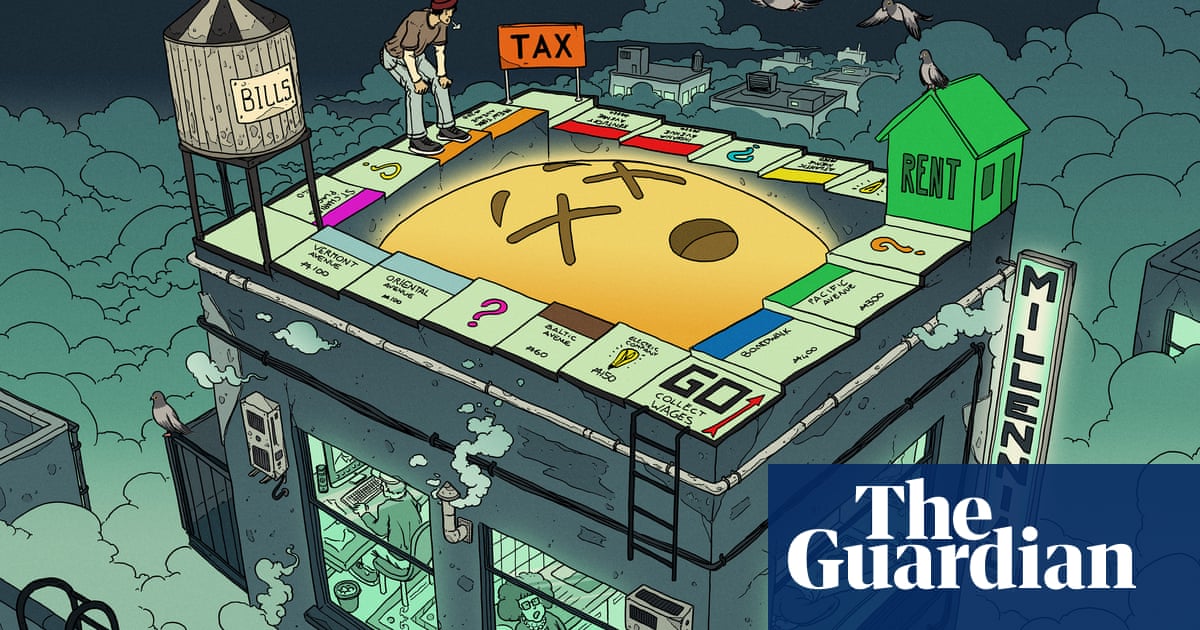- cross-posted to:
- [email protected]
- cross-posted to:
- [email protected]
Claire*, 42, was always told: “Follow your dreams and the money will follow.” So that’s what she did. At 24, she opened a retail store with a friend in downtown Ottawa, Canada. She’d managed to save enough from a part-time government job during university to start the business without taking out a loan.
For many years, the store did well – they even opened a second location. Claire started to feel financially secure. “A few years ago I was like, wow, I actually might be able to do this until I retire,” she told me. “I’ll never be rich, but I have a really wonderful work-life balance and I’ll have enough.”
But in midlife, she can’t afford to buy a house, and she’s increasingly worried about what retirement would look like, or if it would even be possible. “Was I foolish to think this could work?” she now wonders.
She’s one of many millennials who, in their 40s, are panicking about the realities of midlife: financial precarity, housing insecurity, job instability and difficulty saving for the future. It’s a different kind of midlife crisis – less impulsive sports car purchase and more “will I ever retire?” In fact, a new survey of 1,000 millennials showed that 81% feel they can’t afford to have a midlife crisis. Our generation is the first to be downwardly mobile, at least in the US, and do less well than our parents financially. What will the next 40 years will look like?



You underestimate coffee and power of Ballmer’s Peak.
I hate neofeudalism. They use what can be used for societal progress for social regress.
Their decision, whether they have spent even one second’s thought about it or not, is “strategic” as in one that will get them personally some benefits, but it is also short-sighted as in one that may doom us all. On the other hand, my naivite is perhaps far worse so I should be careful throwing stones in glass houses.
I rarely like popular TV shows but one that does make me think is The 100 that illustrates thougher choices needing to be made and all the gamesmanship going on surrounding those. e.g. will neoliberals survive whereas progressivism was too impractical to ever have a chance? I don’t know the answer but those seem like the kinds of questions that needed to be explored by people far smarter in such matters than I. Unfortunately, they instead have been explored by people who are fairly smart but whose defining characteristic may be a desire to become personally richer, which again far exceeds my own.